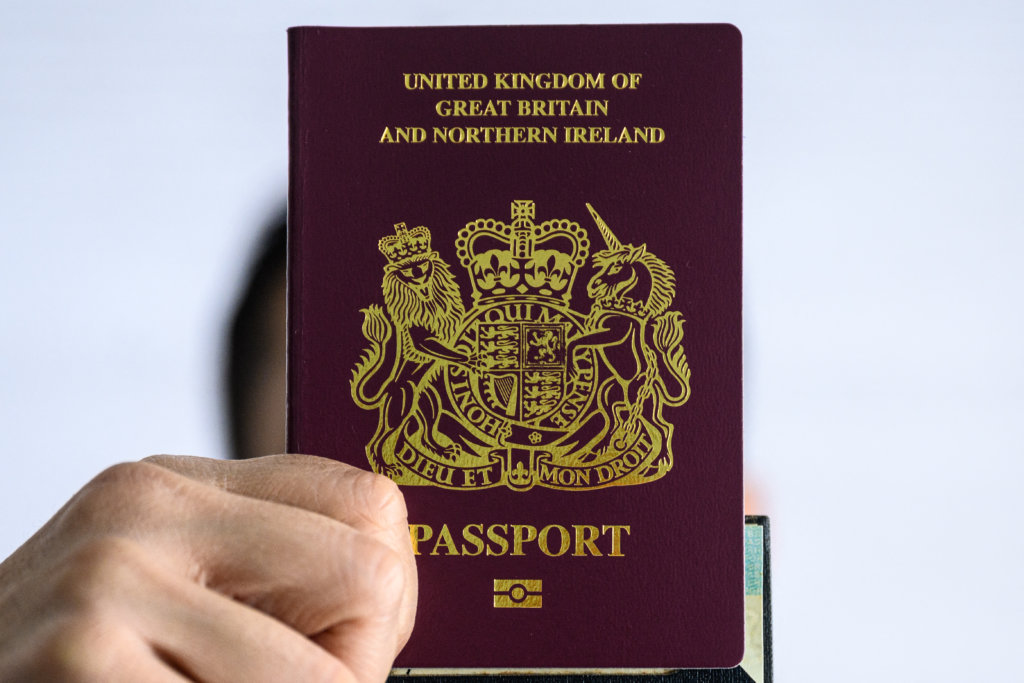
Do you want to study abroad for your postgraduate studies? You’ve likely scoured the web for scholarships, as international students easily pay double to triple the fees that domestic students do. The scholarship application form, however, can be a tricky hurdle for some.
There may be plenty of sections to fill, including attaching relevant supporting documents, which can be a stressful process.
Failing to provide the relevant supporting documents and incorrectly filling the scholarship application form could cost you the scholarship, and your chance of studying abroad.
In fact, Chevening, the UK government’s international scholarship programme, mentions that incorrectly completing the scholarship application form renders applicants ineligible for the scholarship.
While the application process or documents required may differ according to the scholarship that you’re applying to, here are some common documents that are typically required for your postgraduate scholarship application.

Harvard University is one of the most prestigious universities in the world. Winning a scholarship to study here would be a dream come true for many international students. Source: Maddie Meyer/Getty Images North America/AFP
Scholarship application form: Documents for a successful application
The scholarship application form
The most vital document required for you to be considered for a scholarship, your application form should not only be complete, but also correctly filled.
CV
First impressions count. What you highlight on your curriculum vitae (CV) needs to make you stand out from other applicants. Whatever distinctive achievements, qualities or skill you possess, put it on your CV.
A CV that is well-written and well-formatted will help catch the attention of the scholarship committee.
Your CV should summarise your academic and professional accomplishments that makes it easy for a supervisor to sift through. It should ideally be within one to two pages, and typically consists the following: education, work and research experience.
Depending on the scholarship you apply to, a motivation letter may be required to be submitted with your CV. The UNU DAAD Scholarship 2022 requires this, for example.
Academic transcript
Besides completing your scholarship application form, providing your academic transcript is just as important. This allows the selection committee to access the credibility of your qualifications and academic achievements.
Personal statement/statement of purpose
According to Fulbright, one of their essential checklist items when applying for a Fulbright US Student programme is to provide a personal statement (otherwise known as a statement of purpose).
This gives the selection committee a clear picture of who you are and what motivates you to pursue their programme.
In your personal statement, you should list down your career path, interests, personal contributions, goals, and what drives you to pursue a particular scholarship programme.
Recommendation letters
Recommendation letters make it easier for the selection committee to verify what you have said about yourself in your personal statement. It will not be written by you, but instead, by your employers or professors who would write about your academic skills and achievements.
To get a better idea of what recommendation letters should entail, check out this guide by Pennsylvania State University. It details the specific criteria of what makes a good recommendation letter for the Fulbright Scholarship.
Standardised test scores
In the US, standardised test scores are typically taken into consideration for admission into graduate schools. This includes the Graduate Record Examination (GRE) or the Graduate Management Admission Test (GMAT). Providing these scores may be a requirement for some scholarships in the US.
If you have completed your bachelor’s degree from a university that didn’t use English as their medium of instruction, you will likely be required to submit the score of an English proficiency test such as the International English Language Testing Systems (IELTS), Test of English as a Foreign Language (TOEFL), or the Duolingo English Test.

International students applying for overseas scholarships must ensure that their passport is valid for at least six months after they have finished their studies overseas. Source: Anthony Wallace/AFP
Valid passport or ID
Your scholarship application form wouldn’t be complete without providing a copy of your passport or ID. This permits you to travel from your home country and study destination without any hiccups.
Most countries have a six month validity from when you finish your studies to prevent you from overstaying in the country. Overstaying could make your ability to travel harder, unless you receive an emergency travel document.










